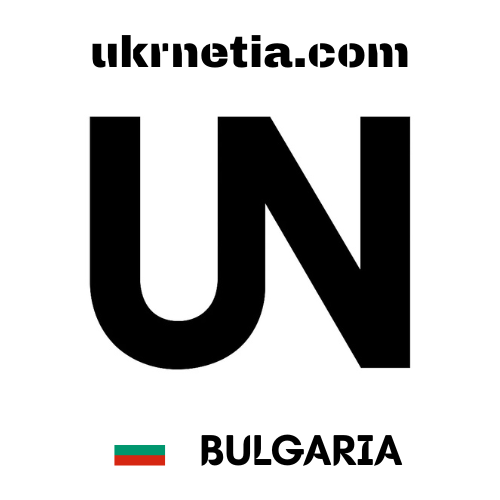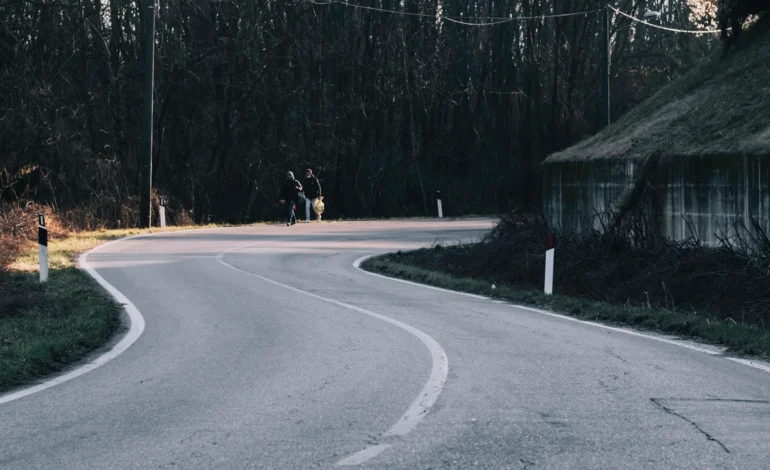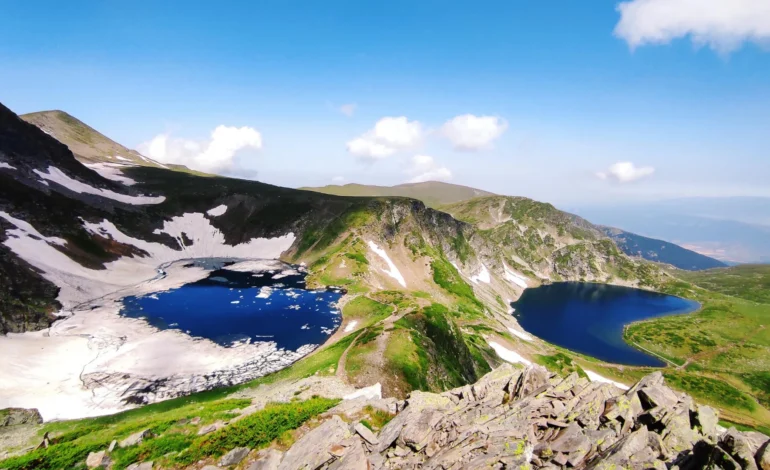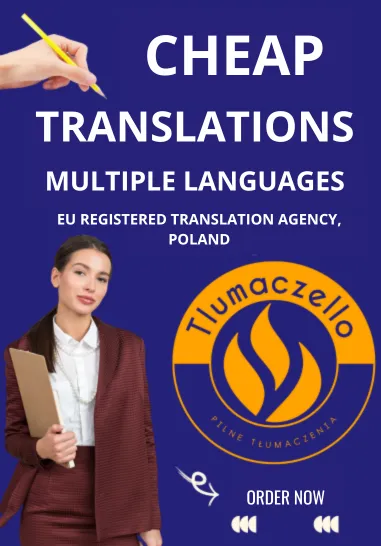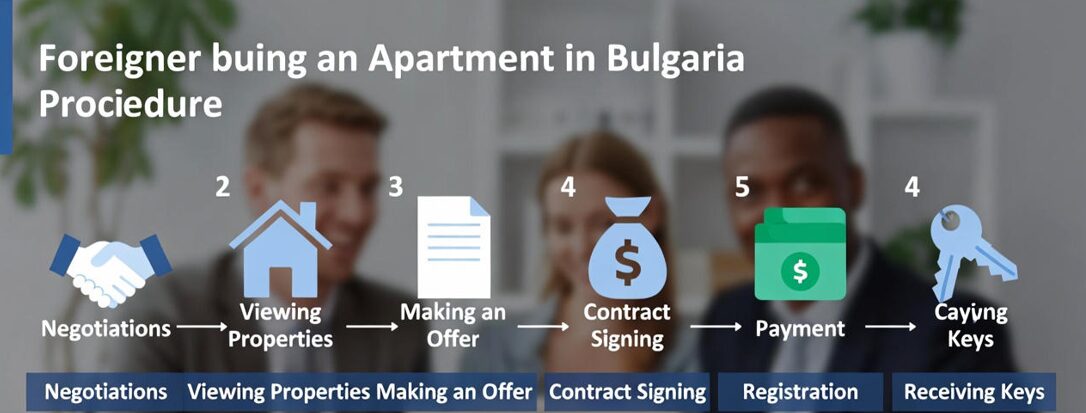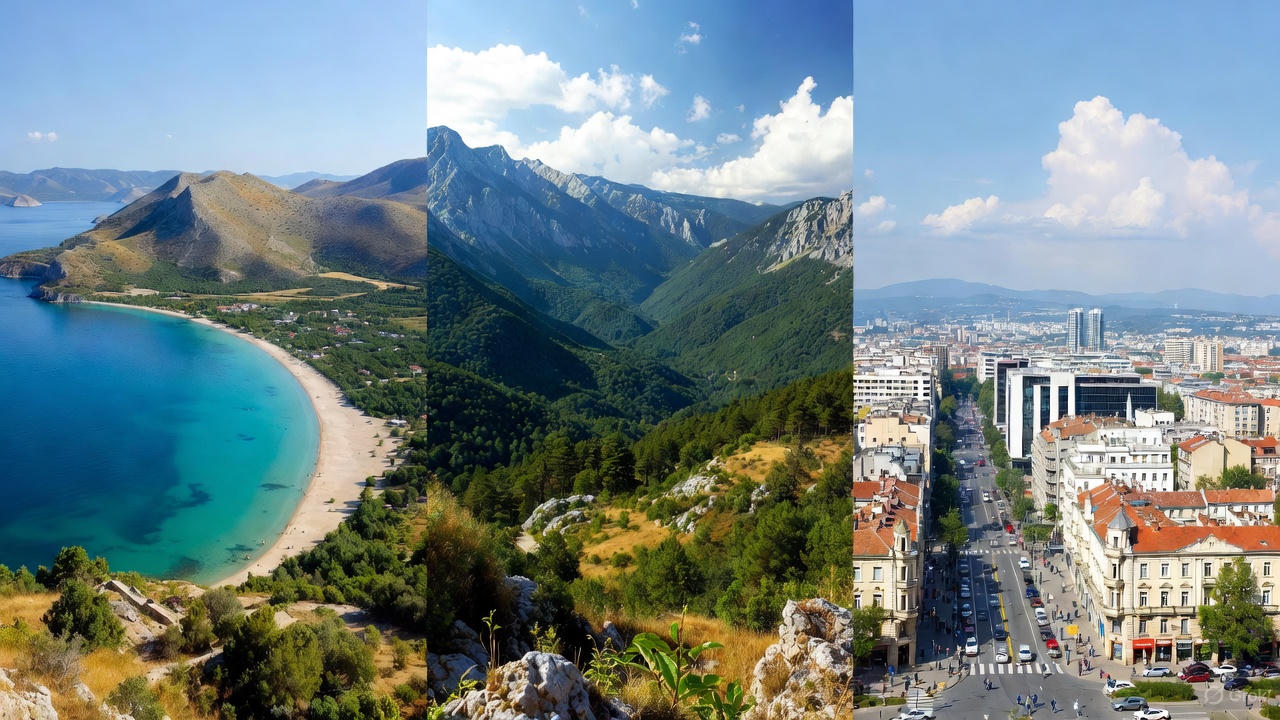“Buying Property in Bulgaria for EU Citizens: Rights, Opportunities, and Restrictions”
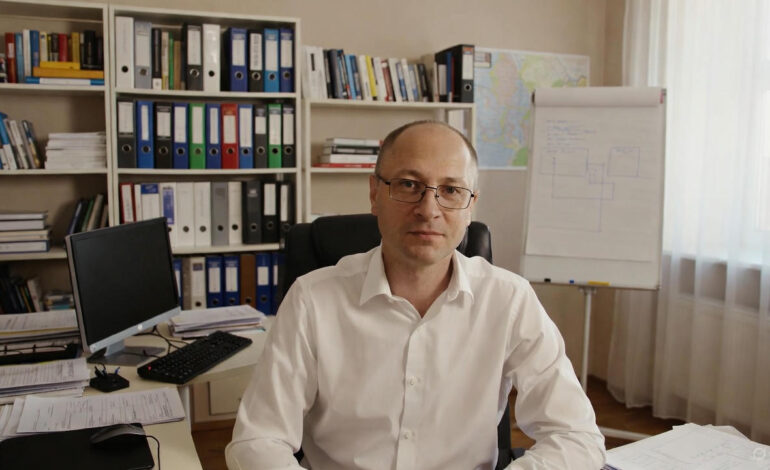
Bulgaria, a full European Union member since 2007, has emerged as one of the most accessible and affordable real estate markets in Europe for EU citizens. With property prices averaging €1,200–€1,500 per square meter in urban areas and as low as €500–€800 in rural regions, the country offers a compelling mix of Mediterranean climate, Black Sea beaches, ski resorts, and historic cities. EU citizens enjoy near-equal rights with Bulgarian nationals when purchasing property, thanks to the principle of non-discrimination enshrined in EU law. This article explores the legal framework, practical opportunities, potential pitfalls, and restrictions that EU buyers should understand before investing. Whether seeking a holiday home in Sunny Beach, an apartment in Sofia, or agricultural land in the Danube Plain, the process is straightforward—yet nuanced by post-accession transitional rules.
Legal Rights of EU Citizens in Bulgaria
Under the Treaty on the Functioning of the European Union (TFEU), particularly Articles 21 and 63, EU citizens have the right to move freely, reside, and acquire property across member states without discrimination based on nationality. Bulgaria fully implements these provisions for residential and commercial real estate. An EU citizen can buy apartments, houses, offices, or garages outright, registering ownership in the national Property Registry (Имотен регистър) managed by the Registry Agency under the Ministry of Justice.
The process mirrors that for locals: a preliminary contract (предварителен договор), followed by a notarial deed (нотариален акт), and final registration. No special permits are required for built property. Ownership grants full rights, including rental income, resale, or inheritance under Bulgarian civil law, which aligns with EU succession regulations (Regulation 650/2012). EU buyers also benefit from mortgage access; banks like UniCredit Bulbank or DSK Bank offer loans up to 70–80% loan-to-value (LTV) at interest rates around 2.5–4% (as of 2025), often requiring proof of income and a Bulgarian bank account.
For secondary residences, no residency permit is needed initially, but stays over 90 days in 180 require registration with the Migration Directorate. Permanent residency is attainable after five years of legal stay, enhancing property rights further. Importantly, EU law overrides any national attempts at restriction; the European Court of Justice has upheld this in cases like Konle v Austria (C-302/97), setting precedents applicable to Bulgaria.
Key Opportunities in the Bulgarian Market
Bulgaria’s real estate sector has rebounded strongly post-COVID, with a 12% year-on-year price increase in Q3 2025, according to the National Statistical Institute (NSI). Sofia leads with modern apartments in districts like Lozenets fetching €2,000–€3,000/m², driven by IT sector growth and remote workers. Coastal areas such as Varna and Burgas offer sea-view properties from €1,000/m², popular for tourism rentals yielding 5–8% annually via platforms like Airbnb.
Inland opportunities abound in Plovdiv, a cultural hub with EU-funded infrastructure, where historic homes renovate for €800/m². Ski resorts like Bansko attract investors with off-plan developments at €1,200/m², bolstered by low property taxes (0.1–0.45% annually) and no capital gains tax on primary residences held over five years. Golden Visa-like incentives ended in 2022, but naturalization via investment persists indirectly through business setup.
Rural properties appeal for eco-tourism or farming; villages near Veliko Tarnovo offer stone houses under €50,000. EU funds under the 2021–2027 Cohesion Policy subsidize renovations in depressed areas, granting up to 50% for energy efficiency. Foreign direct investment in real estate hit €450 million in 2024, per Bulgarian National Bank data, with Germans, Brits (post-Brexit via EU spouses), and Poles leading. Yield-focused buyers target student housing in university cities like Blagoevgrad.
The Land Ownership Restriction: A Lingering Transitional Measure
Despite full property rights for buildings, a significant restriction persists on land ownership for EU citizens: direct purchase of agricultural land, forests, or unregulated plots (outside urban plans) is prohibited until transitional periods expire. This stems from Bulgaria’s 2005 EU Accession Treaty, which allowed a moratorium to protect local farmers from speculative buying.
Initially set for seven years post-accession, it extended to 2020 via mutual agreement. As of 2025, the ban remains for individuals; EU citizens cannot buy land outright without a Bulgarian company or five-year residency. Article 3 of the Ownership and Use of Agricultural Land Act (Закон за собствеността и ползването на земеделската земя) mandates that only Bulgarian nationals, EU states, or entities registered in Bulgaria with EU majority ownership can acquire farmland.
This affects off-plan developments or large plots. For instance, buying a house includes the underlying urban land (regulated by a detailed development plan), but extending into adjacent fields requires workarounds. The restriction aims to curb land grabs; prices for arable land average €400–€600/hectare, far below EU averages (€6,000+ in Germany).
Exceptions exist: EU citizens with permanent residency (after five years) or those married to Bulgarians gain full rights. Inherited land is permissible. The European Commission monitors this; in 2023, it deemed the measure proportionate but urged phased lifting. Proposals in the Bulgarian Parliament (as of mid-2025) suggest ending it by 2030, aligning with Romania’s model.
Practical Steps to Purchase Property
EU buyers start with due diligence: engage a licensed real estate agent (regulated by the Consumer Protection Commission) and a lawyer fluent in EU law. Check the Property Registry for encumbrances via the online portal (imot.bg or registryagency.bg) for €10–€20. Title deeds (нотариален акт) must confirm clean ownership back 10–20 years.
Sign a preliminary contract with a 10% deposit, refundable if issues arise. Notarial fees are 0.1–3% of the sale price (capped at €5,000 for high-value deals), plus 3% transfer tax paid by the buyer. VAT (20%) applies to new builds; off-plan buyers pay in stages under the Condominium Ownership Act.
Financing: EU banks operate freely; compare offers via the Bulgarian Deposit Insurance Fund. For land-restricted deals, form a limited liability company (OOD) with €1 minimum capital—registration takes 3–5 days via the Commercial Register. The company buys the land, and shares transfer to the owner tax-free.
Closing involves a notary public; EU ID or passport suffices. Post-purchase, register utilities and pay annual taxes. Golden Sands or Pomorie developments often include management companies for rentals.
Common pitfalls: overpaying in tourist bubbles (e.g., Sunny Beach oversupply led to 15% dips in 2024) or ignoring seismic risks (Bulgaria’s zone 8–9 requires reinforced builds). Use ESCROW accounts for security.
Taxes, Costs, and Long-Term Considerations
Acquisition costs total 4–6%: 3% transfer tax, 0.5–1% notary/legal fees, 0.5% registry. Annual property tax is 0.15% of tax assessment (often 20–30% below market value). Rental income taxes at 10% flat rate for non-residents, with EU double taxation treaties (e.g., Poland-Bulgaria agreement avoids dual levy).
Capital gains: 10% on profits if sold within three years (five for residences), zero thereafter. Inheritance tax is nil for spouses/children, 0.4–0.7% otherwise. EU citizens claim deductions under harmonized rules.
Residency perks: D visa for property owners over €300,000 leads to long-term stay. Healthcare via EHIC card initially, then national system post-registration.
Market risks include currency (BGN pegged to EUR at 1.95583), inflation (3.2% in 2025), and geopolitical factors near Ukraine. Opportunities in green energy: solar farms on company-owned land qualify for EU subsidies.
A Balanced Investment Horizon
For EU citizens, Bulgaria offers unparalleled access to diverse properties with minimal barriers, tempered by the land ownership caveat. By leveraging companies or residency, restrictions become manageable. With economic growth projected at 3.1% for 2026 (IMF), prudent buyers can secure appreciation and income. Consult professionals, verify sources, and align with personal goals—Bulgaria rewards informed investors.
